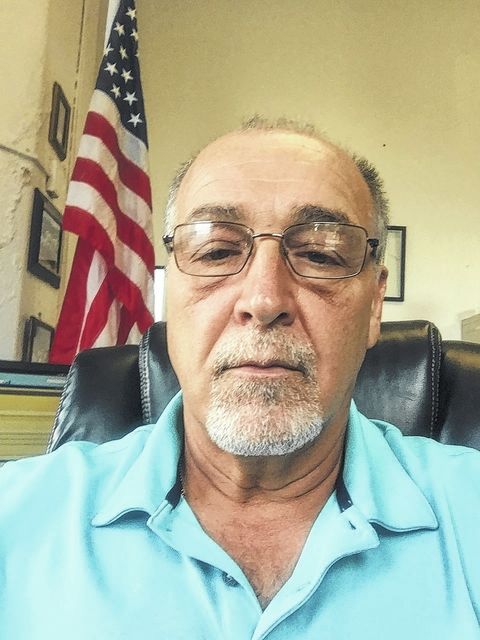Click here to subscribe today or Login.

WILKES-BARRE — The city is in the early stages of developing a sewer authority that would levy fees on surrounding communities which officials say benefit from using Wilkes-Barre as a pass-through for their storm and sewer water.
City Director of Operations Butch Frati said neighboring communities that have seen an upswing in development benefit by the jobs and tax revenues spurred through that progress.
But Wilkes-Barre, he said, is left uncompensated in having to handle the added strain excess volume puts on its sanitary system.
“Our system here needs work,” Frati said earlier this week. “But it’s not just due to what Wilkes-Barre is creating on its own or the condition of the system. It’s directly related to the contributing communities.”
Frati said the authority’s implementation won’t constitute a separation from the Wyoming Valley Sanitary Authority or alter residents’ sewer bills.
Instead, the authority will seek to secure pass-through fees from surrounding communities.
Council weighs in
The very first step, Frati said, involves Wilkes-Barre City Council approving a resolution authorizing city officials to hire an “expert/consultant” to advise the city and Cardno BCM, a Montgomery County consulting firm specializing in water and wastewater engineering, on creating the authority.
At Tuesday’s work session, Frati said hiring the consultant could cost anywhere from $12,000 to $15,000.
Councilman Tony George, the Democratic nominee for Wilkes-Barre mayor, questioned why the city couldn’t levy the same fees the sewer authority proposed to enact.
“I think it’s a great idea,” George said. “My problem is why we just don’t do it ourselves instead of having to ask somebody.”
City Attorney Tim Henry explained that the authority would possess legal capabilities the city wouldn’t.
If council approves the resolution at Thursday’s meeting, Frati said work would then begin on developing a five-year plan, producing a charter and bylaws and mapping out the sanitary system, among other legal obligations involved with creating an authority.
The city would likely have to front the necessary funding to get the authority started, but could one day request reimbursement, Frati said.
City’s burden
Frati said it was unclear exactly how much sanitary and storm water flows through the city from other communities.
“We don’t (know) and that’s the scary part,” he said.
Yet each year, Frati said the city bears the burden of maintaining its sprawling sanitary system, spending $900,000 per year in repairs and upgrades.
That amount should be produced by an authority, he said, through funds generated by a pass-through fee and “the usage of our system by other people.”
Frati identified Wilkes-Barre and Plains townships as the two biggest contributors, with Mountain Top, Hanover Township and less than a dozen others in the mix as well.
‘A bad hand’
Frati said he understood that some communities could take issue to suddenly being hit with a fee but he believes the city needed to protect itself financially.
“They certainly can’t argue the fact that we’ve been dealt a bad hand here because we’re the ones that have to repair these things when they either rupture, collapse or flood,” he said.
Frati acknowledged Wilkes-Barre as a whole does contribute to its own problems but that the city is mainly seeking to offset the burden caused by outside development.
“No one is reaching out to help us,” he said.
Outdated system
Frati said the sewer system, mainly made of clay piping, was built in the early 1900s to accommodate a fraction of Wilkes-Barre’s current population and has since become antiquated.
At the same time, grant money for repairs has diminished and the ones that are still available are extremely competitive, he explained.
“Fixing 50 or 60 feet of sewer costs about $50,000,” he said. “We’ve done it. And there’s a lot more to do out there. We just don’t have the money to do it right now.”




